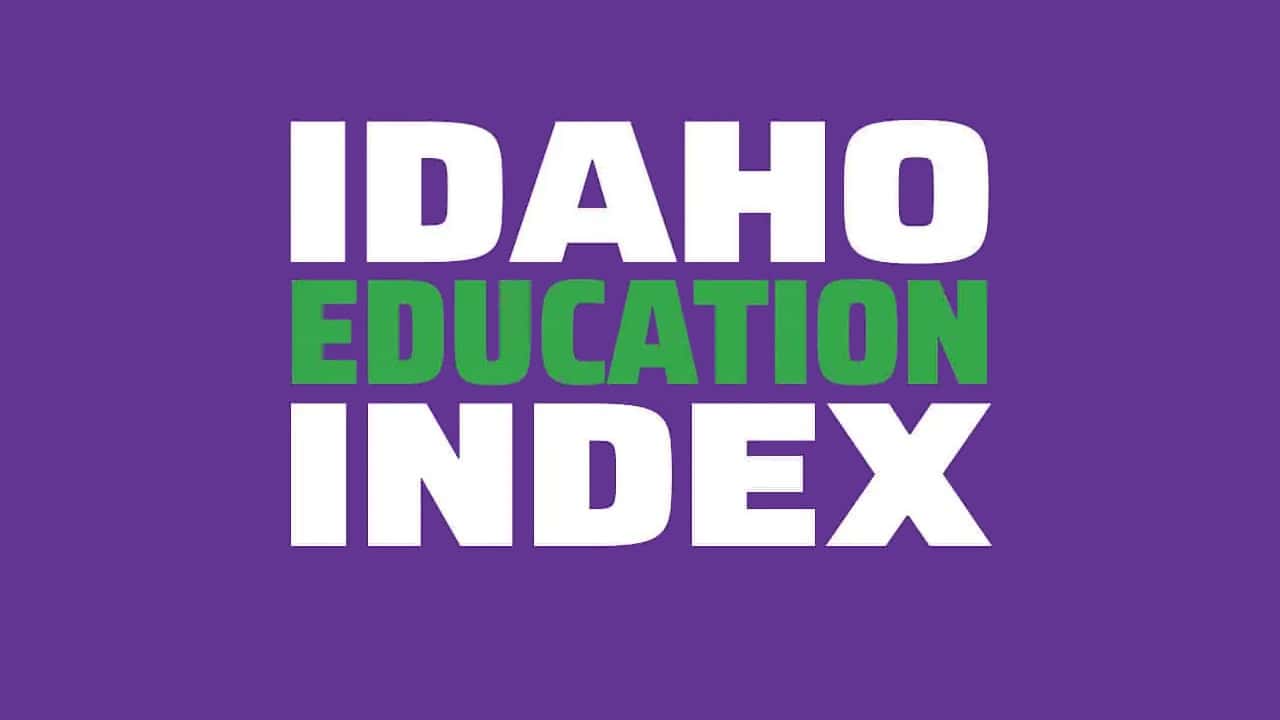


Bill Description: House Bill 447 establishes the Idaho Parental Choice Tax Credit which allows parents and legal guardians to be able to choose the educational services that meet the needs of their individual children. Families of children in grades K-12 would be eligible to receive a refundable tax credit worth up to $5,000 that they could use to offset the cost of tuition at a nonpublic school, to hire a certified teacher for instruction in a micro school, transportation costs, to purchase curriculum, textbooks, or other educational materials. The legislation also establishes the Idaho Parental Choice Grant program offering up to $5,000 for lower income families to use for education expenses. The grant program and the refundable tax credit offer up to $7,500 for special needs students that require ancillary personnel to assist in academic instruction.
Rating: +3
Does the bill expand the existing government monopoly on education and shrink family and student choice or agency? (-) Conversely, does the bill expand the ability for families and students to choose the educational options that best meet their needs free of government intervention or coercion? (+)
House Bill 447 would offer families of school age children a refundable tax credit and grant to personalize their children’s education. This would give participating students $5,000 per year to use to offset the cost of tuition at a nonpublic school, to hire a certified teacher for a micro school, or to use for other eligible education expenses. By giving families the funds they need to choose the education that best suits their children's needs, House Bill 447 would diminish the existing government monopoly on education by expanding family and student choice.
(+1)
Does the bill finance education based on the student rather than the institution? (+) Conversely, does the bill finance education based on an institution or system? (-)
House Bill 447 would finance education based on the student by allowing families to receive up to a $5,000 refundable tax credit or grant per student to use for eligible education expenses.
(+1)
Does the bill decrease barriers to entry for teachers and other education professionals or services, thus incentivizing entrepreneurship and increasing the supply of options for education services in the marketplace? (+) Conversely, does the bill create barriers to entry into the education marketplace? (-)
House Bill 447 would remove barriers to entry to the education marketplace by decentralizing the public education monopoly through the creation of a refundable tax credit and grant program for education expenses which allow a portion of state dollars to follow students to the educational environment families choose. Families could choose to use their funds for a non-public school, to hire a certified teacher and form their own micro school, or to purchase curriculum, among other eligible expenses. Passing House Bill 447 would incentivize more innovation by encouraging education entrepreneurs to enter the marketplace and provide higher quality products at a lower price.
(+1)
House Bill 447 would create a barrier to entry for excellent educators by requiring teachers to obtain state certification if they wish to work for a homeschooling family or a micro school that receives state funding through its students. State certification requirements exacerbate teacher shortages and decrease teacher quality by creating a barrier to entry to the teacher labor market for intelligent and motivated individuals.
(-1)
Does the bill create more transparency or accountability in public education institutions? (+) Conversely, does the bill reduce transparency and accountability in such institutions? (-)
House Bill 447 would promote accountability in public educational institutions by empowering parents to choose the education that best meets their child’s needs and therefore incentivizing public schools to improve their services or risk losing more students.
Additionally, the legislation grants authority to the state tax commission to refer suspected cases of intentional and substantial misuse of grant and tax credit funds to the attorney general for investigation and prosecution. Parents who misuse tuition grants would be prevented from reapplying.
House Bill 447 would also increase transparency by allowing the state tax commission to conduct audits of grant and tax credit recipients to ensure compliance with state law and recapture funds from recipients not used consistently with the law.
(+1)
Does the bill reinforce the idea of equal treatment under the law, merit, individual responsibility, personal agency, and expectations of academic excellence? (+) Conversely, does the bill allow for any type of discrimination against, or grant preferential treatment to, any individual or group for any purpose on the basis of race, sex, color, economic class, ethnicity, national origin, geographic area, legacy status, or other identity group? (-)
Under House Bill 447, special needs students are eligible to receive $7,500 while all other students are only eligible to receive $5,000 for educational expenses.
(0)
House Bill 447 seeks to offer universal school choice to every student through the inclusion of both a refundable tax credit and a grant for low income families who would not be eligible for the tax credit. However, the tax credit portion of the legislation has a cap of $40 million and the grant portion of the legislation has a $10 million cap. Once the funding cap has been reached, other eligible students would not receive the grant or tax credit. All students deserve equal opportunity to access the educational environment or provider that works best for them.
(-1)
Does the bill protect freedom of speech in teaching or learning? (+) Conversely, does the bill restrict freedom of speech in teaching or learning? (-)
House Bill 447 would protect the free speech rights of nonpublic schools by providing that the legislation would not affect the independence of these schools to teach according to their creed or beliefs.
(+1)


